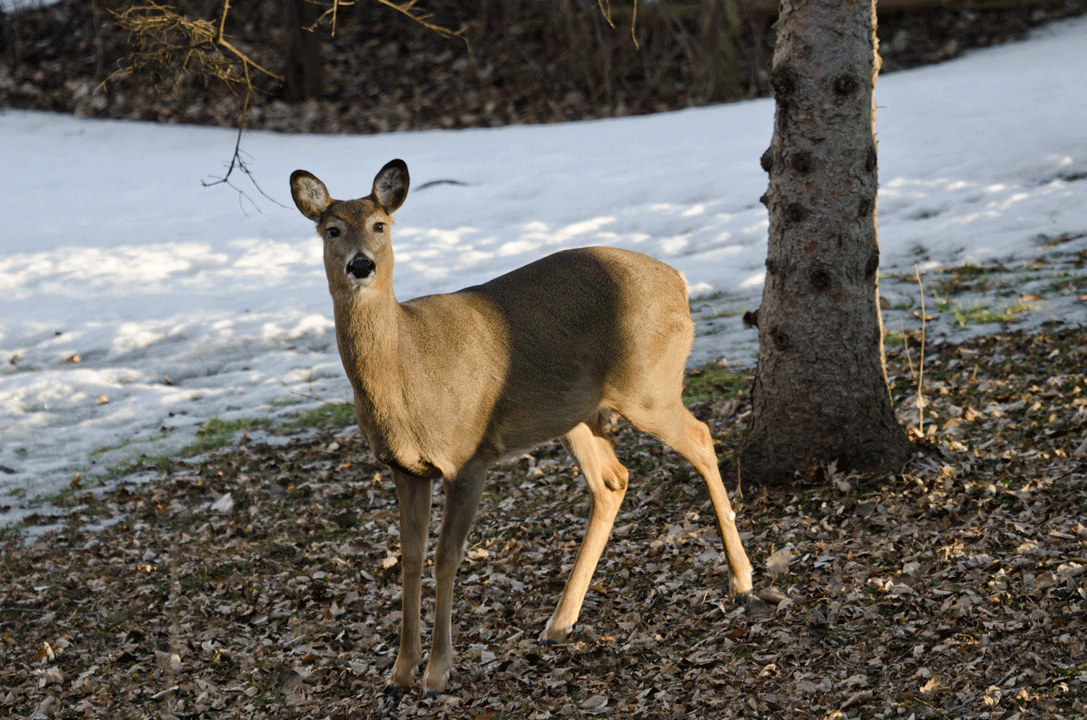Deaf dog stolen from south Alabama home
Rags, a deaf Old English Sheepdog, was stolen from his home in Silverhill, Alabama, on Dec. 8. Police in the city are investigating the crime. (Video Credit: Olivia Gardner)
- Alabama officials have confirmed two additional cases of chronic wasting disease in white-tailed deer.
- The cases were found in hunter-harvested deer in northern Lauderdale County, bringing the state’s total confirmed cases to five.
- The disease causes microscopic brain changes in infected animals, leading to altered behavior.
Two more cases of a fatal disease have been found in deer in northwest Alabama.
The Alabama Department of Conservation and Natural Resources on Friday announced confirmation of two cases of chronic wasting disease in hunter-harvested, white-tailed deer in northern Lauderdale County. That brings Alabama’s total number of confirmed cases to five, al.com reported.
The disease was first detected in Lauderdale County in January 2022. After the first case was confirmed, all of Lauderdale and Colbert counties were designated as a CWD Management Zone.
DEER CRASHES THROUGH WINDOW, ROAMS ALABAMA ELEMENTARY SCHOOL CLASSROOM: VIDEO
CWD commonly results in altered behavior due to microscopic changes in the brain in infected animals. An animal may carry the disease for years without outward signs. But in later stages, animals may exhibit listlessness, lowering of the head, weight loss, repetitive walking in set patterns and a lack of responsiveness. There are no treatments or vaccines for the disease and, according to the Centers for Disease Control and Prevention, there have been no cases in humans.

A white-tailed deer is seen in Mendota Heights, Minnesota. Two additional cases of chronic wasting disease have been found in deer in northwest Alabama. ((Photo by: Education Images/Universal Images Group via Getty Images))
Samples have been collected from more than 1,700 white-tailed deer harvested statewide, with 420 of those collected within the CMZ this hunting season, the department said. One of the positive samples was submitted during a mandatory sampling weekend on Dec. 2 and 3. The other positive was voluntarily submitted at a drop-off location by a hunter as part of the department’s monitoring program.
DEER MAY BE TAKEN FROM ALABAMA FAMILY AFTER 50-MILE JOURNEY HOME
The next mandatory sampling weekend is Jan. 6 and 7.
Department of Conservation and Natural Resource Commissioner Chris Blankenship thanked hunters for providing a “robust” number of samples.
“Hunters are our most important partners in the management of CWD as we move forward with future deer seasons,” he said.
